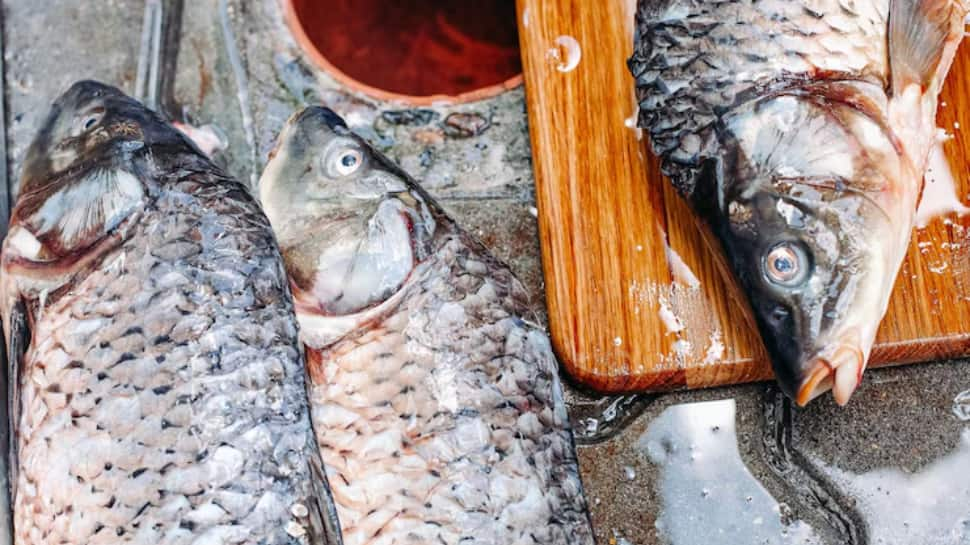Millions of fish are killed each year to feed a growing population, yet very little is known about the suffering they endure. A recent study has thrown light on a harsh reality, fish, particularly rainbow trout, can experience between 10 to 24 minutes of intense pain during slaughter. Methods commonly used in commercial and farm fishing, like air asphyxiation and ice slurries, are being called into question by animal welfare researchers.
The Reality of Air Asphyxiation
One of the most prevalent methods used in aquaculture is air asphyxiation, where fish are taken out of water and left to suffocate. This leads to oxygen deprivation, panic, gill collapse, and a slow, agonising death. According to earth.com, trout subjected to this method undergo about 10 minutes of severe suffering, and in some cases, the pain lasts over 20 minutes before they lose consciousness.
Measuring Pain Through Welfare Science
The study introduced the Welfare Footprint Framework, a tool used to quantify suffering in minutes. Scientists used behavioral, neurological, and physiological markers to determine the intensity of pain fish experience. On average, this translated to around 24 minutes of suffering per kilogram of fish slaughtered, an alarming revelation for an industry that often ignores individual animal welfare.
Pain Begins Before the Slaughter
The suffering doesn’t start at the moment of death. Fish face high levels of stress during pre-slaughter stages such as crowding, handling, and transportation. These stressors lead to injuries and hours of discomfort. Ice slurry methods, often assumed to be painless, can result in thermal shock and tissue damage. Yet, current regulations frequently overlook these significant issues.
While the study focused on rainbow trout, researchers warn that other species like salmon, catfish, tilapia, and seabass likely endure similar trauma. Each species responds differently to stressors, but the commonality is clear: fish do suffer, and the industry needs to recognise this truth across all species used for human consumption.
A Wake-Up Call for Policy and Consumers
Dr Wladimir Alonso of the Welfare Footprint Institute emphasised that these findings should guide policy reform. With the data now available, lawmakers have a responsibility to implement humane slaughter regulations that can significantly reduce the suffering of billions of aquatic animals annually.
There are more humane ways to slaughter fish, such as electrical stunning or percussive methods, which can reduce suffering drastically when applied correctly. The study encourages the training of workers and adoption of effective stunning techniques in aquaculture to bring about immediate welfare improvements.
What Consumers Need to Know
As consumers become more ethically conscious, this research urges people to consider fish welfare when choosing what to eat. Just like land animals, fish feel pain and fear, and ignoring their suffering means turning a blind eye to a systemic moral issue.
Fish are the most exploited animals by number, and yet their pain is rarely part of the public conversation. This study serves as a call to action, not only for policymakers and fishery managers but for society as a whole. Compassion in food systems must extend to aquatic life.
At its core, this is not just a matter of scientific discovery, it’s a moral reckoning. Fish deserve humane treatment, and this study makes it clear that ignoring their pain is no longer an option. With better practices and awareness, a more ethical and compassionate seafood industry is within reach.


